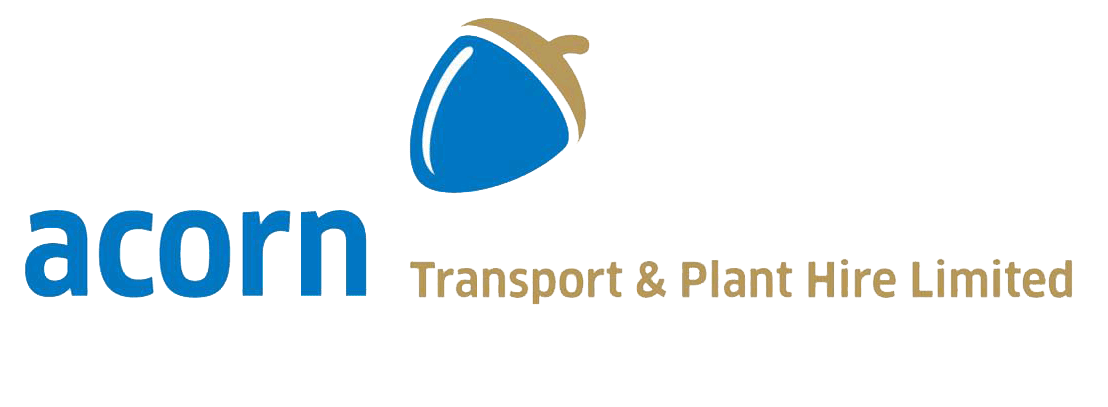Skip hire is one of the most convenient ways of disposing of waste from homes and businesses in the UK. It is a quick and easy solution that can help you get rid of any rubbish. However, before you hire a skip, it’s essential to understand the waste you can put in a skip UK. There are strict regulations and guidelines in place to ensure that the environment, public health, and safety are not compromised. In this blog post, we are going to take you through the waste you can put in a skip UK, and the regulations that come with it.
Household Waste
Household waste is generally allowed in skips. This includes furniture, garden waste, general rubbish, and old appliances. However, it’s important to note that some items may not be accepted. For example, electrical goods such as fridges and freezers must be disposed of correctly to reduce the risk of environmental pollution. And, if you have large items such as mattresses, sofas, or wardrobes, you need to inform the skip hire company in advance, as they may require specific arrangements for these items. You should also avoid mixing hazardous and non-hazardous waste. There is a list of what COSHH items that cannot be removed on the delivery ticket.
Construction Waste
Construction waste is allowed in a skip, but you need to be careful about what you dispose of. The waste must be non-hazardous and shouldn’t contain any asbestos or chemicals such as paint and solvents. The waste you can put in your skip includes materials such as bricks, old pipes, cement, timber, and building insulation and any other similar waste. If you are planning to dispose of any hazardous construction waste, such as asbestos, you need to contact specialists who will dispose of these materials correctly or we could arrange this for you.
Garden Waste
It’s okay to dispose of garden waste into skips, but you should avoid mixed waste if the skip is booked out for just a certain type of waste. For example, if you’re pruning your trees and bushes, make sure that you don’t mix the garden waste with any other type of waste, such as plastic bags or food waste. The waste should be clean and free of non-green waste. This green waste includes branches, leaves, hedge clippings, small trees, and grass mowing’s.
Industrial Waste
If you have industrial waste, you cannot dispose of it in a skip. This includes hazardous waste such as toxic substances, electrical waste, or chemicals. You should put these types of waste in separate containers and dispose of them according to your local regulations. You should also never attempt to put toxic substances into skips, as this can have serious implications on the environment, leading to contaminated soil and groundwater.
Food Waste
Lastly, food waste should never be disposed of in a skip. Skip hire companies are not licensed to store or move any form of waste that has a strong odor, such as food waste. You can prevent food waste in your home by composting it or collecting it separately in a designated container for collection. It’s also worth avoiding putting food waste in your general rubbish, as this can cause smells and attract wildlife, such as rodents.
Conclusion:
In conclusion, when you hire a skip, it’s essential to know what waste you can put in a skip. By following these simple guidelines, you can ensure that you’re disposing of your waste legally, safely and with minimal impact on the environment. Remember not to mix different types of waste, where possible, and to always double-check with your skip hire company about the specific items they accept. Following these regulations protects the environment, wildlife, and human health, and also ensures that you avoid any penalties that can be levied against you for inappropriate waste disposal. So, hire a skip with confidence and dispose of your rubbish safely, knowing that you’re protecting both the environment and yourself.

